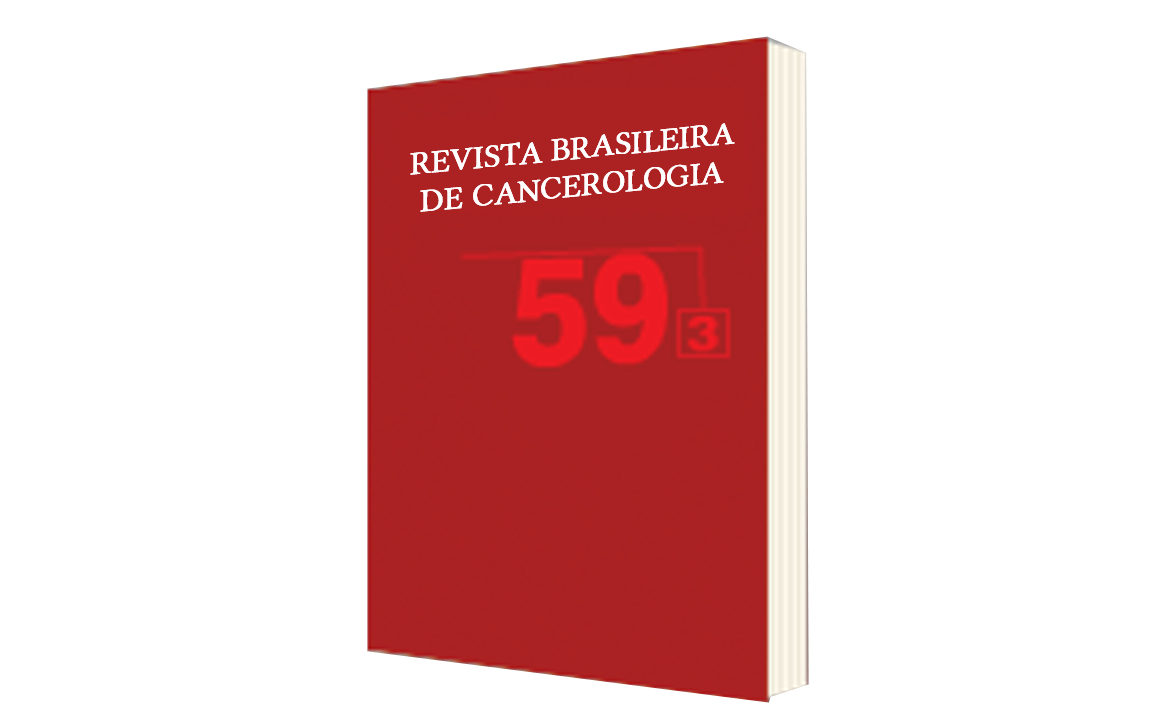Historical Aspects of Breast Cancer Control in Brazil
DOI:
https://doi.org/10.32635/2176-9745.RBC.2013v59n3.496Keywords:
Breast Neoplasms-history, History, 20th Century, History, 21st Century, Public Policies, Public HealthAbstract
Introduction: The History of Cancer project intends to examine, considering a historical perspective, the trajectory of cancer control in Brazil. Objective: To develop a historical analysis of the implementation of actions, activities, programs and policies to control breast cancer besides to discuss some contextual data. Method: A qualitative study, using primary and secondary sources, performing the intersection of data to analyze the transformation process of breast cancer control according to the perspective of historical neo-institutionalism as base to the material analysis. Results: We identified four different historical phases: a first stage prior to the appearance of SUS (Brazil’s public health system); a phase post SUS implantation, but previous to the Consensus Document of the Ministry of Health; a third phase of intensification of breast cancer control actions and programs, and a final stage, in progress, corresponding to incentives for comprise quality process activities. Conclusion: The results and the periodization proposal itself suggest that the interventions have correlations not only with the context lived in the period, but also with the more general profile of the institutions that have proposed and executed those interventions. It is important to stand out the potential that historical studies have to contribute to the understanding of the implementation (or not) of actions, programs and policies in different political, social, cultural and economic contexts.









